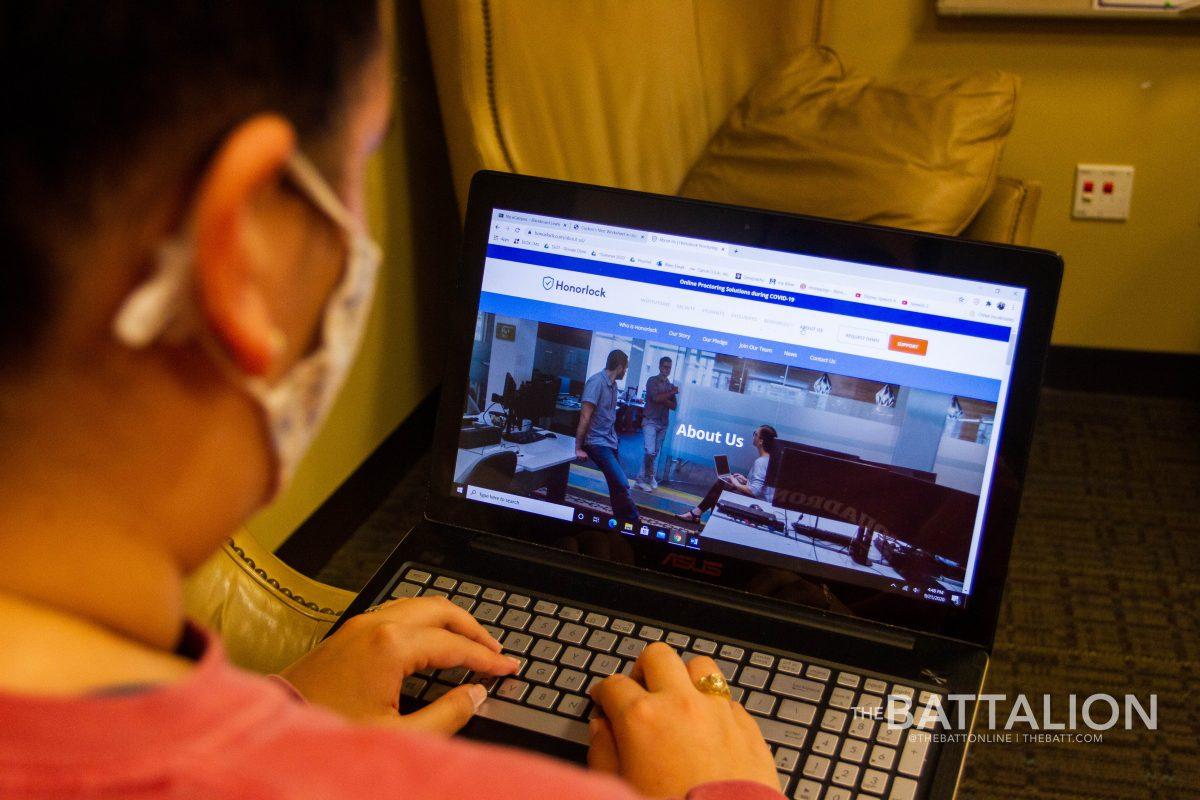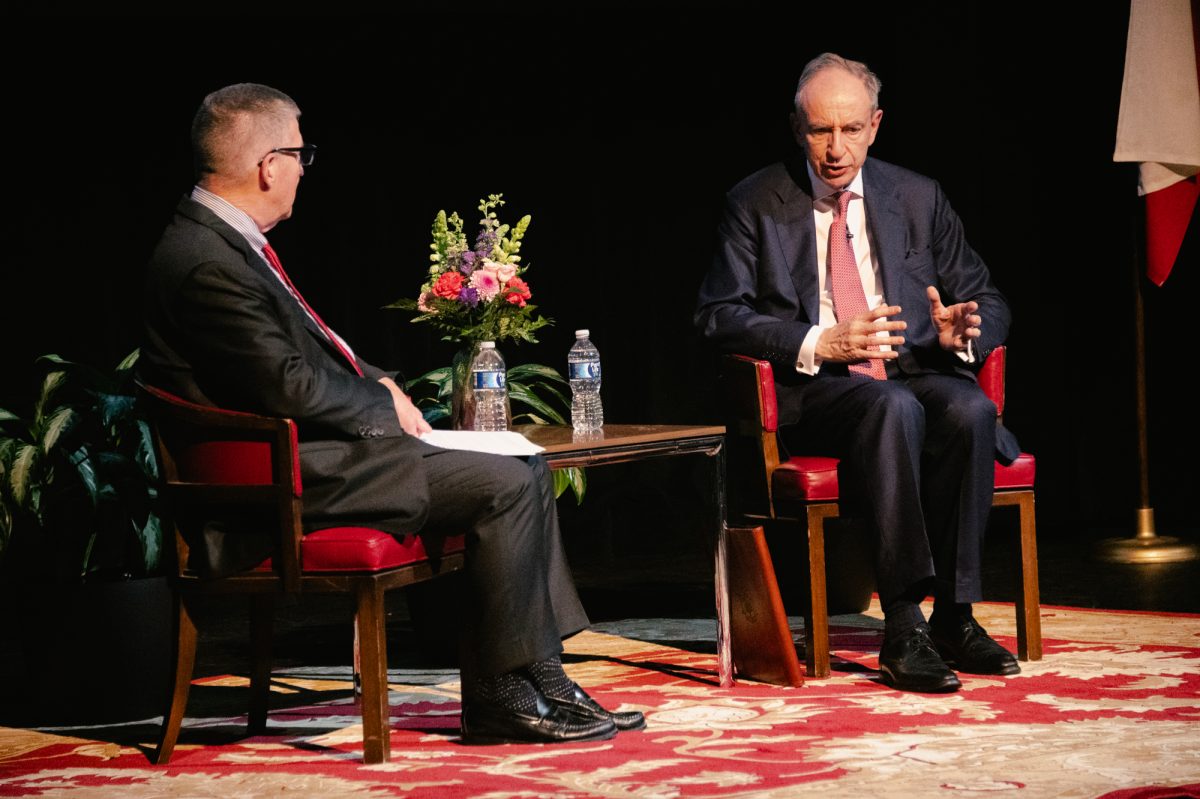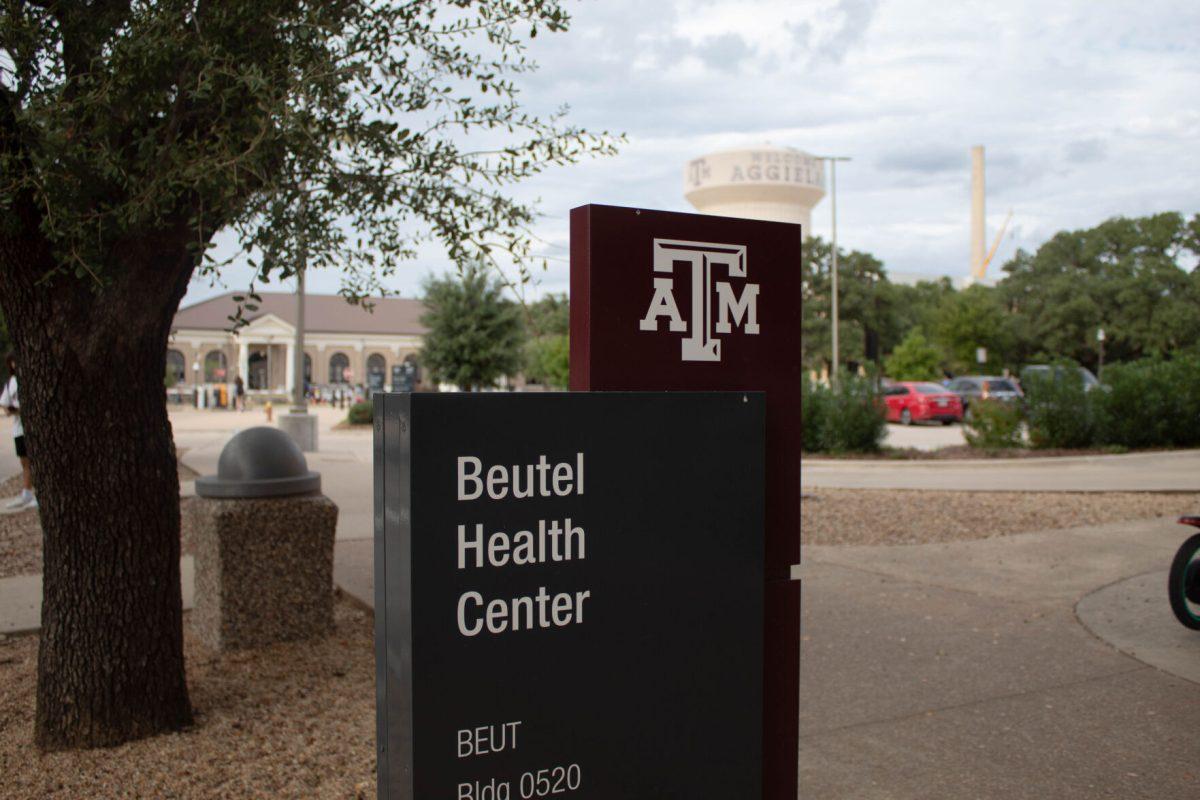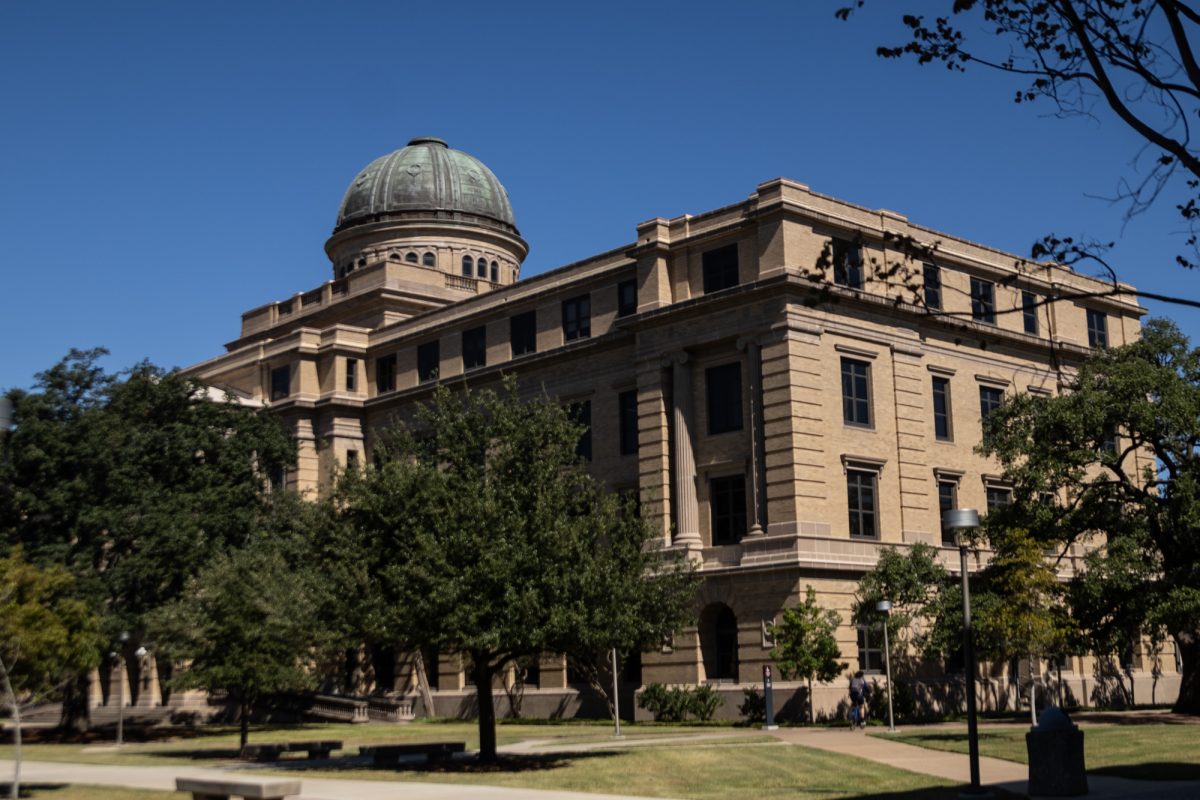With the shift to online learning comes new rules and regulations for academic honesty. Weeks after the first day of the fall semester, A&M announced Honorlock would be used to proctor online assessments. Many students have expressed concern that the service violates their privacy and could be harmful to their devices. Since the announcement, a petition has been started to keep the university from mandating the use of Honorlock.
The petition has been signed by nearly 10,000 individuals, and the number continues to rise. Created by an individual under the name Worried Aggie, the petition has been spread throughout GroupMe, Twitter and other social media platforms.
In the call for signatures, Worried Aggie said Honorlock “is both a blatant violation of our privacy as students and infeasible for many. If a professor requires this program you’re forced to waive your privacy rights or get a 0% on an exam.” They continued, “Please stand with us against this program that blatantly violates our rights and sign this petition!”
The petition has provided students with a way to voice their concerns. Senior petroleum engineer Nic Lopez said he signed the petition after learning more about Honorlock and how it operates.
“Through those same Twitter and Reddit posts, along with some research of my own, I had started to learn more about Honorlock and just how invasive it seemingly was,” Lopez said. “I chose to sign the petition simply because I think Honorlock could potentially be a massive breach of privacy for myself and my fellow students. More specifically, I believe that some sort of online test proctoring is needed, but there should be a fine line between what is too far and what isn’t and I strongly believe that an implementation of Honorlock crosses this line. The implementation of Honorlock tells me that the university doesn’t believe in its own code of honor or its core values if they think it is acceptable to go through with a system like this.”
There was a need for a more dependable form of proctoring according to a statement from Provost and Executive Vice President Carol Fierke to The Battalion.
“When we moved to remote instruction in the spring, our instructors quickly told us that we did not have a proctoring solution in place that was reliable, provided live or automated proctoring and could support an institution of our size and the number of exams we give. Our instructors did the best they could but ultimately needed help to protect the integrity of their exams,” Fierke said. “A committee reviewed a number of options this summer that led to the contract with Honorlock.”
In Fierke’s statement, she said there are two other types of proctoring used by the university, LockDown browser by Respondus and Zoom proctoring.
“The contract with Honorlock was vetted by contract administration, the university’s privacy officer, and the Office of General Counsel,” Fierke said. “I understand there is a lot of inaccurate and false information out there about the program and know that some students are concerned. I hope students will take the time to review an extensive FAQ that we have curated on our keeplearning website with information from the contract to see that we’ve tried to address their concerns by building in safeguards in the contract.”
Lopez said he has found success with alternate methods of proctoring, such as Zoom proctoring, and he will continue to share the petition to call attention to his privacy concerns as well as inform other students of what it means to use Honorlock.
“Considering how big the Aggie Network is on Twitter, something like a petition spreads quite fast, and I think that was evident by the petitions regarding the Sullivan Ross statue,” Lopez said. “I plan on sharing it more in the coming future in order to raise awareness regarding Honorlock.”.
A&M’s Student Senate had a meeting on Sept. 16 where Provost Carol A. Fierke gave updates on why Honorlock was chosen. She said the decision to use Honorlock was due to cheating concerns and was made after considering several other services. Sam Jefferis, Academic Affairs Chair for the Student Senate, said the faculty wanted a proctoring service that could monitor academic honesty while satisfying the course needs.
“At the Senate meeting, Provost Fierke said that the faculty’s highest request for this semester was to have a proctoring service available for them to use,” Jefferis said. “It is worth noting that the selection of Honorlock was made after considering five different technologies. After removing two technologies due to not meeting the faculty’s needs, the final decision was made when only one of the vendors could accommodate the university’s need for capacity.”
Jefferis said Fierke did not address the petition or student concerns regarding the service during the meeting. He said he does not think every student should be forced to use Honorlock if they feel it violates their privacy, and the best way to proceed is with better communication between the university and student body.
“I love seeing our student body voicing their concerns through their right of petitioning. It exemplifies our amazing first amendment engagement in the Texas A&M community. I think much of their concerns come from a lack of information from the university, particularly the issues that are listed in the linked Reddit post,” Jefferis said. “When it comes to the privacy argument, I think every student deserves to opt-out of Honorlock if they are not comfortable with the technology and weren’t informed that Honorlock would be part of their course before or during add-drop week.”
As for alternative methods for proctoring exams and assessments, Jefferis said he has been in communication with Director of the Honor Council Timothy C.Powers. Jefferis said coursework could be adapted to discourage academic dishonesty, but faculty turned to proctoring first.
“Dr. Powers, the director of the Honor Council, discussed with me over the summer that some best practices to ensure minimal cheating are multiple low stakes exercises, a variety of assessments and using controlled exam settings,” Jefferis said. “If academic misconduct continued with those altered evaluations, then it would be prudent to use such measures as Honorlock. In all, faculty rushed to crack down on students rather than try to adapt their evaluations of students.”
Students call for alternate proctoring options after Honorlock implementation
September 21, 2020
Photo by Photo by Kaylee Cogbill
HonorLock is an online proctoring service used by schools and universities.
0
Donate to The Battalion
$810
$3500
Contributed
Our Goal
Your donation will support the student journalists of Texas A&M University - College Station. Your contribution will allow us to purchase equipment and cover our annual website hosting costs, in addition to paying freelance staffers for their work, travel costs for coverage and more!
More to Discover










